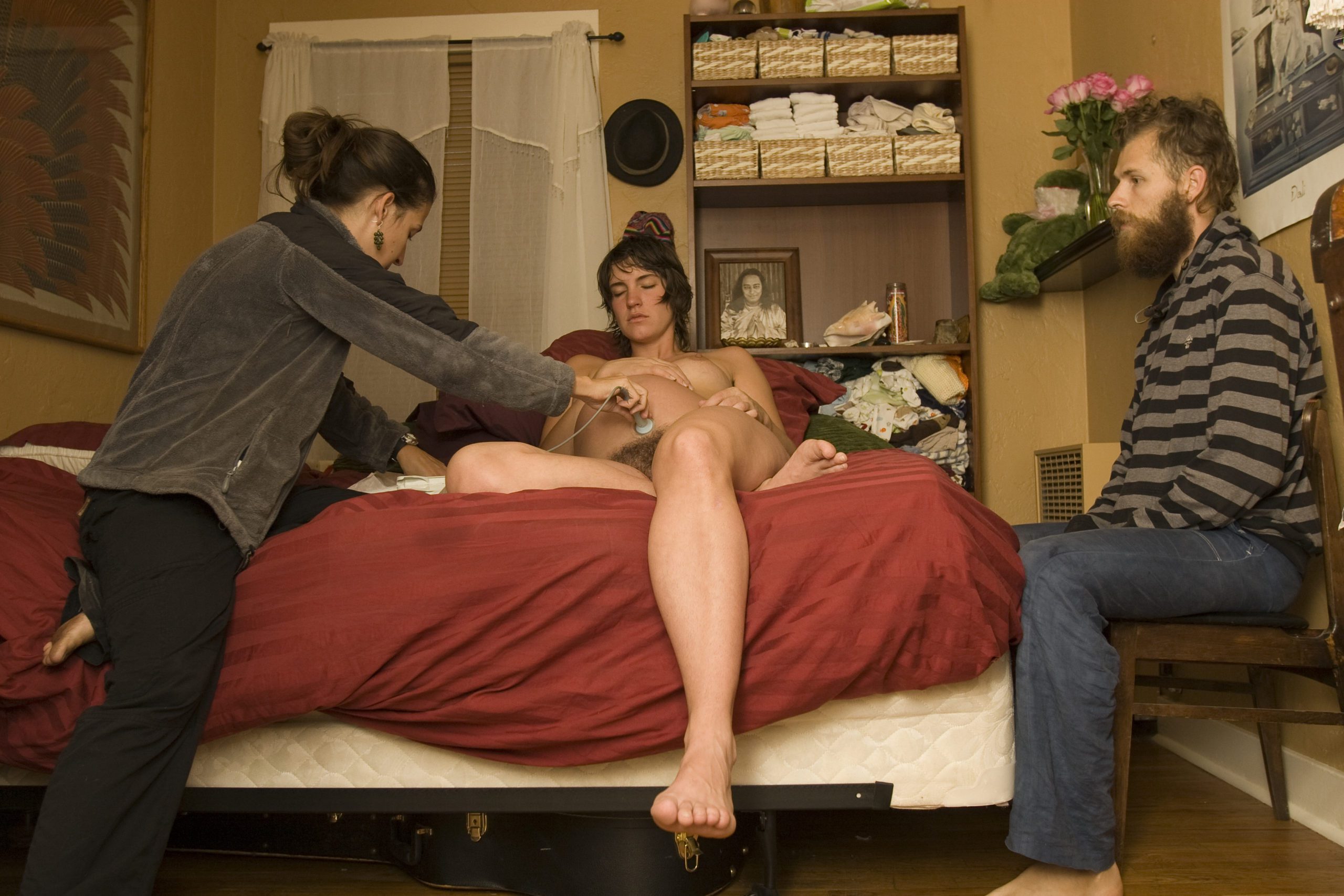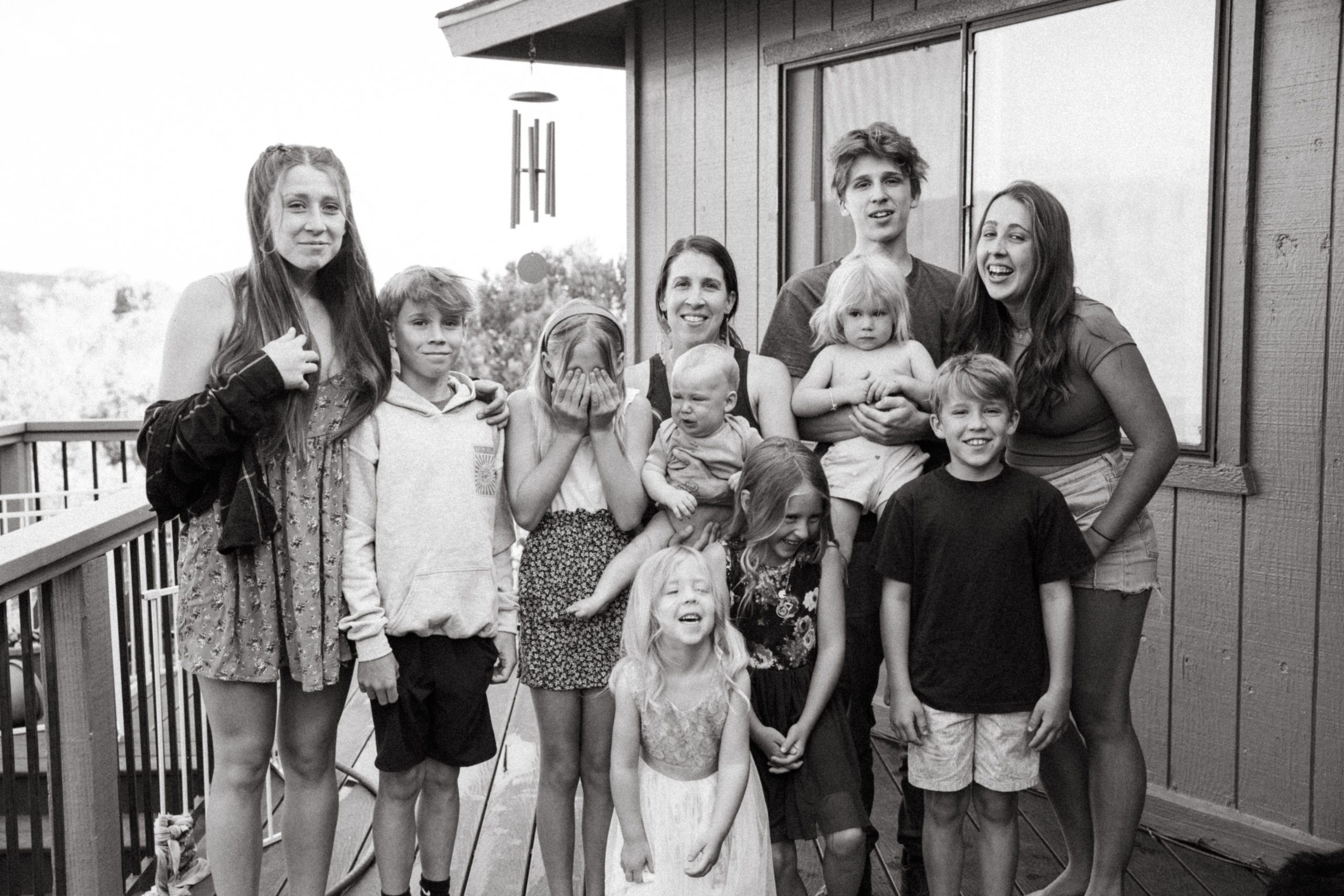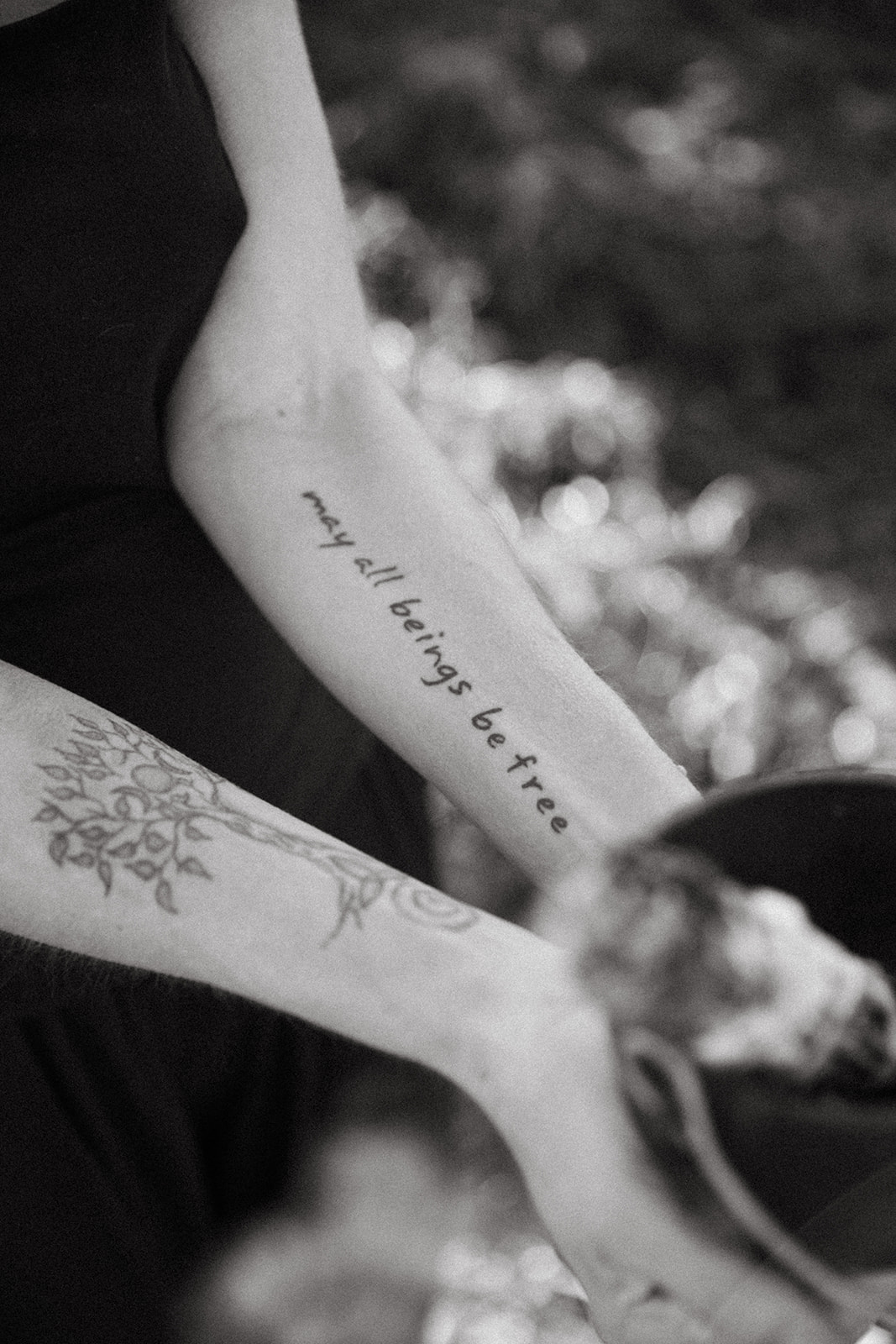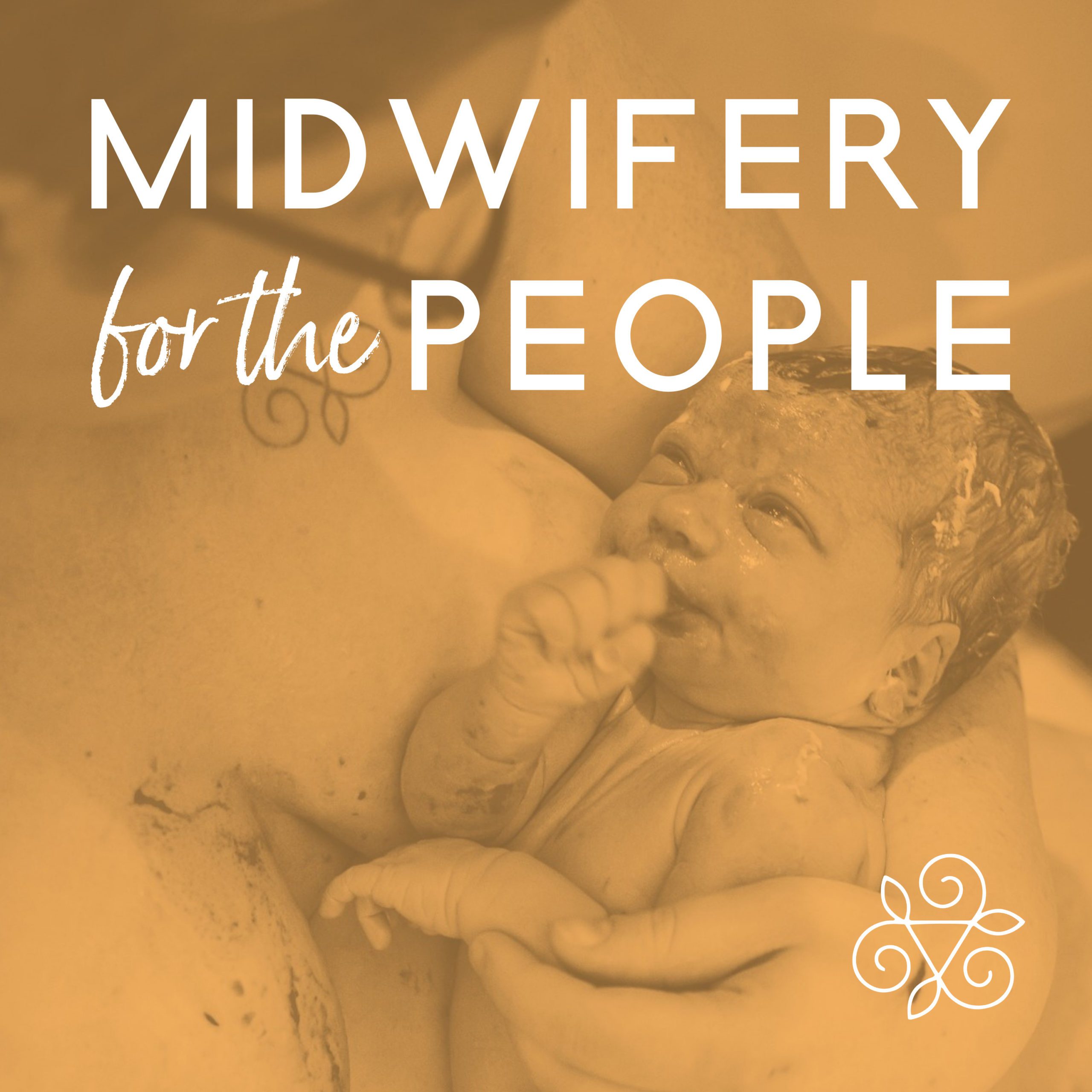I recently gave birth to a baby boy. Before this I could never be certain whether it was my imagination or my intuition picking up on a strange and dour stare I witnessed in the faces of new mothers. It was as though they were haunted by something. Now I am sure that I wear that same expression. As most parents will understand, lack of sleep could be the sole reason. Yet so savage and fierce was the experience of birth; the cruelty, the pain and the sheer impact of finally experiencing what I perceived to be natures way; I began to suspect there was more to it than sleeplessness. Now I am sure I knew nothing about this final admittance into womanhood.
There was an unknown force I had to muster from deep within in order to not only birth but to then take care of a new-born in a post-partum state, with all the soreness, exhaustion and scars thrown into the mix… my world flipped over and fried like a fragile pancake and I had a feeling…in fact I was sure that this ‘scarring’ was more than physical. If our bodies are seen to be connected to the psyche, psychic repercussions of this body shock were at work in me.
At times during labour, the pain was such that it felt like pushing through a dark abyss, being in a timeless tunnel of potential where one is unsure of the out-come. Although I took full responsibility for working to get the baby out, I knew that it was also, in part at least, up to serendipity. Perhaps that’s the explanation for that timeless suspended feeling, as though we were both, momentarily, sent back to Aristotle’s ‘world of Ideas’ while the fates decided what to do with us. It’s like that Pink Floyd epic Echoes, with the sounds of the whales searching through the dark, the popping noises, the lost cries of despair and the final orgasmic solo by David Gilmore giving the impression that they’ve been released or found their way home. That’s it, that’s the birth canal and the birth! Although not quite as visceral and distinctive, this wonderful, enchanting, 16-minute long music masterpiece really seemed to ‘echo’ all the internal and intangible feelings I experienced during the birth of my son.
The penny dropped and I came to understand all those knowing and sympathetic looks I received from other women during my pregnancy! That cruel card dealt to us… womanhood, had never been so clear. Yet this initiation, a taste of the savagery that men may experience on the battlefield or staring into the eye of an opponent, is, if all goes to natures plan, followed by elation. What can be a very dark or death-like ordeal is followed by a sort of re-birth in the women. Whether it’s hormones, the sheer feeling of achievement or creation itself working through us what follows is a feeling of a second lease of life and when the dust settles… a taste of what it means to be human.
I recently read a wonderful book by Andrew Harvey entitled ‘Hope: A Guide to Sacred Activism’ in which he often refers to ‘The Dark Night’; an acknowledgement of the negation in the alchemical nature of life. In a chapter called The Death and the Birth he relays the words of an alluring old-man whom his friend met on her travels, recalling the impact of this memory on his life…
“My wife sent me out to buy some bread at about 5:00 one evening; I took the long way around the bakers shop stopping off here at the tomb. I came out and when I walked out of the front door I saw a young women lying on the pavement and screaming horrible screams that tore the air and made my blood curdle. I immediately imagined the worst. She must have been raped or stabbed. I ran to her, held her up and started to look for some telltale wound or bruise. She was too far gone to understand anything I was saying to her and her screams got worse and I got more desperate. Suddenly I noticed her spread her legs and then all of a sudden it struck me: she is screaming because she is giving birth! She wasn’t dying at all she was having a baby…!”
He continues, connecting the poignancy of the woman finding her way to the tomb of the philosopher and poet Rumi:
“I ran and found an old woman who new how to deliver children and the child, a healthy boy, was saved. The women had been shopping when her labour pangs had started and had made her way in a hallucination of pain to the entrance of Rumi’s tomb thinking that there she would be safe and find help.”
“The screams of the self being torn apart in annihilation, the screams that you here in Rumi’s poetry- all these are not the howls of death but of birth.”
The last line is a reference to the death of the false-self so that a person can be re-born. But the man speaking and Andrew Harvey himself understand that this analogy is closely paralleled in the physical act of birth! The words of Peter Russles “Crisis is the womb of creativity” in ‘Waking Up In Time’ are also resonant in that in birth a precipice/ a tipping point of absolute pain where one is certain they can no longer cope is experienced just before the baby appears to take its first breath. The woman is physically and psychically experiencing a crisis before creation. This is at the very least, a rite of passage.
It is possible then, that this sentiment of graduation for the new mother, is all but absent in the modern west. Certainly it goes uncelebrated in the society I know and am familiar with. That is not only unacknowledged by the medical world but by family, community and even the woman herself in many cases. To pass through that Darwinian tipping point, a woman must do something that barely seems possible in order to not only perpetuate her race but to avoid the ultimate horror, the unspeakable…the death of her foetus or herself! This is now the woman’s ordeal to swallow and imbibe. Perhaps the least we should expect then is some sort of ceremony or initiation amongst family members or community, an acknowledgement of this feat. By no means do I wish to undermine the love and support that women receive already. However, considering the enormity of what a woman has to face, initiation may not be too much to ask.
Even if these sentiments seem a little melodramatic to you or other mothers impressions in no way relate to mine; I believe that we all experience in birth, this mortal fear of death on some level. There are, however both healthy and unhealthy ways to deal with our fears. All too often fears are manifested or unnecessarily drawn out. Sometimes in birth we witness acute hysteria in the woman.
My own fears were almost eclipsed by a simple acknowledgement of the ferocity and unpredictability of nature and a need within me to face this black hole. This acknowledgement alone gave me strength because I wasn’t likely to take a moment of it for granted. The forethought that during my birth I had every intention of summoning courage and facing that abyss was good psychic medicine in itself.
Is it possible that if a woman doesn’t experience such insights, something can be amiss? A woman that does not or cannot intellectualise her experience could be left in some sort of shock or trauma, whether it is mild or severe. This, I suspect, is ever more the case in this disconnected modern world of ours. For now even in some cases power and responsibility is handed over to doctors to ‘birth’ for us, or at least have complete autonomy over each of the birthing stages. Furthermore this could be seen to leave the women not only disconnected but disempowered. Having no ownership of her experience could add to these possible feelings of post-partum loneliness and disembodiment. I still sometimes feel this way despite having what, in these dizzying times, is perceived as the ‘luxury’ of time to indulge myself. This being that I had done the minimal amount of research into different types of birthing. I found lots of positive propaganda for home-birthing and realized that every part of me agreed with the philosophy of making it a personal and not institutional or medical experience. The statistics of home-births to hospital, a whopping 2%, suggests to me that many women never even get as far as considering their options beyond hospitals, epidurals, forceps and stirrups.
Perhaps there is a connection to all of this. Could it be that the impact of a traumatic birthing experience is grossly under-estimated and underrated? Is there a direct link and impact on the psyche in post-partum mothers leading to depression and even in extreme cases Munchausen’s or infanticide?
Postpartum psychosis has also been signaled as a causative factor of infanticide. Stuart S. Asch, MD, a Professor of Psychiatry at Weill Cornell Medical College of Cornell University. Cornell University established the connections between some cases of infanticide and post-partum depression. The books, From Cradle to Grave, and The Death of Innocents, describe selected cases of maternal infanticide and the investigative research of Professor Asch working in concert with the New York City Medical Examiner’s Office. Stanley Hopwood wrote that childbirth and lactation entail severe stress on the female sex, and that under certain circumstances attempts at infanticide and suicide are common.’ (Wikipedia 17/04/11)
It is true that every birthing experience is unique; even so I believe this is the connection, the reason for some of the haunted expressions I have witnessed and (not discarding the loss of hormone etc) a factor in negative psychic states of new and first-time mothers.
It is the part of the women who entered that abyss and, whether it be through lack of support or acknowledgement from partners, family and community, through not making sense of her place in the scheme of things or believing in her abject strength in having birthed… never came back!
In light of all of this, I would like to send all the mothers out there my utmost love and respect. I realise that every birthing experience is unique and personal to the woman and not everyone’s journey is quite so dramatic. Many women (those with more flexible pelvis perhaps?) find the pain quite manageable. But there are still a kaleidoscope of feelings, thoughts and fears accompanying giving birth and being a new mother. Those who do relate to this and perhaps many other women are still lost in the wilderness, in which case its time to start gathering them back in.





+ show Comments
- Hide Comments
add a comment